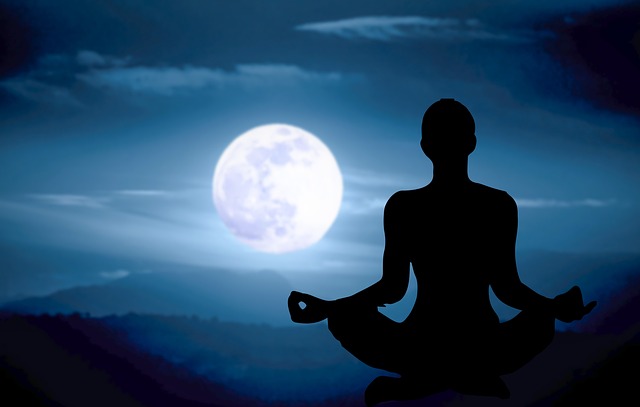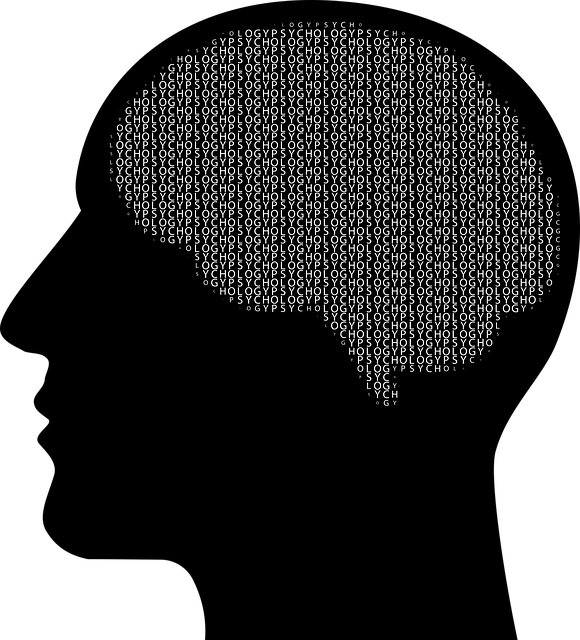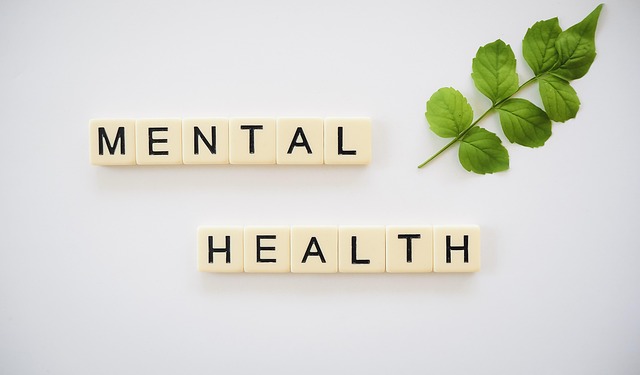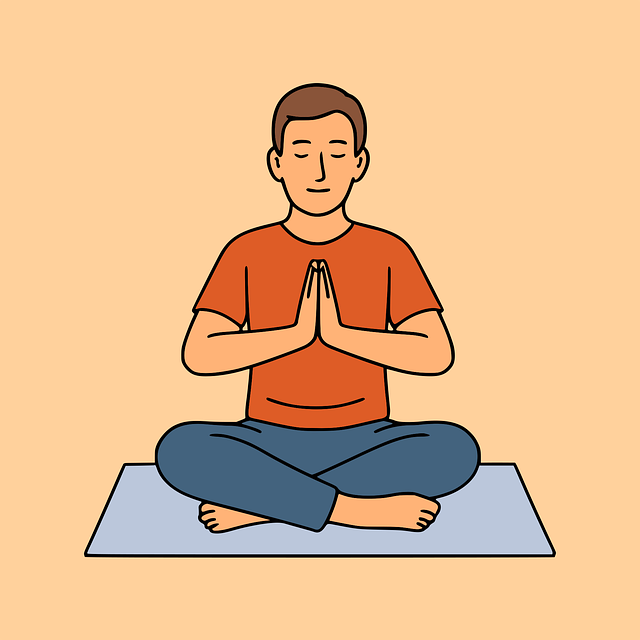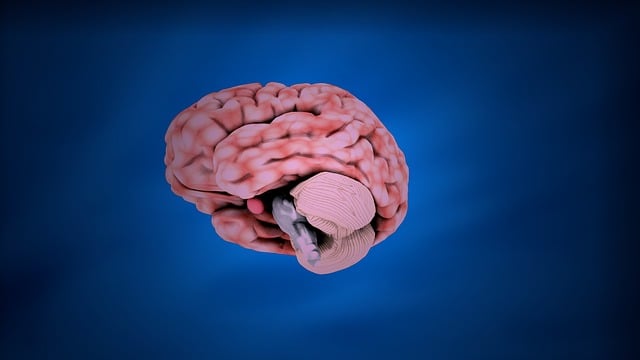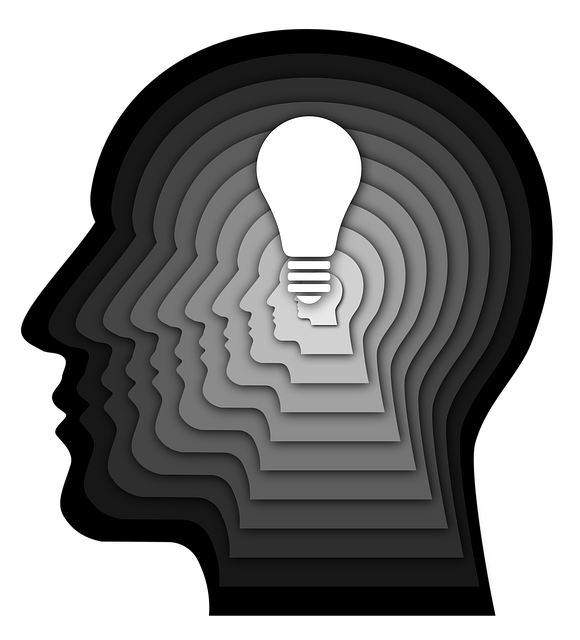Mindfulness meditation emerges as a powerful therapy for elders, addressing stress, age-related challenges and men's mental health issues. Regular practice boosts emotional well-being, reduces anxiety, depression and stress, promotes better sleep, and cultivates self-awareness. Tailored to diverse backgrounds and needs, it enhances quality of life and overcomes mental illness stigma. Starting a mindfulness routine with clear intentions, exploration of techniques, and overcoming challenges offers significant benefits for older men seeking therapy and self-care practices.
“Unwind and find inner peace through mindfulness meditation—a powerful therapy for both men and elders seeking mental clarity. This comprehensive guide explores how mindfulness can address specific health issues prevalent in older adult males, offering a path to improved well-being. From understanding the basics to practical tips for consistent practice, we delve into the step-by-step process of incorporating mindfulness into daily routines. Discover the benefits of regular meditation and learn strategies to overcome challenges, ensuring a calming journey towards enhanced mental health.”
- Understanding Mindfulness Meditation for Elders
- Identifying Men's Mental Health Issues and the Role of Meditation
- Benefits of Regular Practice for Seniors
- Step-by-Step Guide to Starting a Mindfulness Routine
- Overcoming Challenges and Tips for Consistent Meditation
Understanding Mindfulness Meditation for Elders

Mindfulness meditation has gained significant attention as a beneficial practice for elders, offering more than just stress reduction. This ancient technique can serve as an effective therapy for elderly individuals, helping them navigate through life’s challenges and promoting overall well-being. For seniors, mindfulness can be a powerful tool to enhance coping skills development, enabling them to manage age-related concerns and men’s issues with grace.
By incorporating mindfulness meditation into their daily routines, elders can improve focus, calmness, and emotional regulation. This practice allows them to develop a deeper sense of self-awareness, fostering better understanding of their thoughts and feelings. Furthermore, cultural sensitivity in mental healthcare practice plays a vital role in ensuring that mindfulness techniques are tailored to meet the unique needs and beliefs of elderly individuals from diverse backgrounds, thereby enhancing the effectiveness of self-care practices.
Identifying Men's Mental Health Issues and the Role of Meditation

Men often face unique mental health challenges that can go unnoticed or unaddressed. In recent years, there’s been a growing awareness of the importance of men’s mental well-being, especially regarding specific issues that disproportionately affect them. From stress and anxiety to depression and suicide rates, understanding these problems is crucial for fostering emotional resilience. Many traditional therapy approaches might not cater to men’s needs, leading some to seek alternative solutions.
Mindfulness meditation has emerged as a powerful tool to combat these mental health issues. It offers a form of therapy for elders and younger adults alike, providing an effective way to manage stress and improve emotional well-being. Regular practice can boost confidence and act as a preventive measure against depression, offering a calming presence in the midst of life’s challenges. By incorporating mindfulness into their daily routines, men can learn to navigate their emotions and cultivate a deeper sense of self-awareness, ultimately enhancing their overall mental health and quality of life.
Benefits of Regular Practice for Seniors

Regular mindfulness meditation practice offers seniors a powerful tool to enhance their overall well-being and quality of life. This ancient technique has gained significant traction in modern times, especially as a therapy for elders with men’s issues. By dedicating just a few minutes each day to mindful breathing and awareness, seniors can experience numerous benefits that extend far beyond the moment. Studies show that consistent meditation can reduce symptoms of anxiety and depression, which are prevalent concerns among the aging population. It also plays a crucial role in managing stress and promoting better sleep patterns, allowing elders to embrace a more peaceful and rejuvenating routine.
Moreover, mindfulness meditation fosters inner strength development and burnout prevention, two aspects vital for maintaining independence and a sense of purpose as one ages. The practice encourages seniors to connect with their thoughts and emotions without judgment, leading to improved emotional regulation. This increased self-awareness can also help in navigating the complexities of life’s transitions, reducing feelings of isolation and fostering a sense of calm amidst challenges. In light of these benefits, it’s no surprise that mindfulness is recognized as an effective strategy within mental illness stigma reduction efforts, empowering seniors to take charge of their mental health and overall happiness.
Step-by-Step Guide to Starting a Mindfulness Routine

Starting a mindfulness routine can be transformative for mental wellness, especially for older men who may benefit from therapy and self-care practices. Here’s a step-by-step guide to help you embark on this journey:
1. Set Your Intentions: Begin by defining your goals. Are you seeking stress relief, better focus, or improved emotional regulation? Setting clear intentions will make it easier to stay motivated during challenging moments. Consider how mindfulness can support your overall well-being and personal growth.
2. Choose a Mindfulness Practice: Explore various techniques like body scans, mindful breathing exercises, or guided visualizations. For instance, start with a simple sitting meditation where you focus on your breath. There are numerous apps and online resources offering mental wellness coaching programs that can guide beginners. These tools often include developmentally appropriate content for older adults, teaching them conflict resolution techniques to navigate any challenges that arise.
Overcoming Challenges and Tips for Consistent Meditation

Overcoming Challenges is a significant aspect of establishing a consistent meditation practice, especially for older men addressing mens issues such as stress management and emotional intelligence. The initial days or weeks may be challenging due to various factors like a busy schedule or external distractions. However, it’s essential to remember that mindfulness meditation is a skill that improves with regular practice. Consider setting aside just 10-15 minutes each day for your meditation session; this dedicated time can make a significant difference over time.
To maintain consistency, explore various techniques and environments. Some individuals find the calm of nature or quiet music enhances their practice. Also, consider joining a support group or seeking guidance from a healthcare provider specializing in cultural competency training to help navigate any unique challenges. Remember, every small step forward is an achievement, and overcoming these initial hurdles paves the way for reaping the benefits of mindfulness meditation in the long run, potentially improving overall well-being and mental resilience.
Mindfulness meditation offers a powerful therapy for both elders and men, addressing mental health issues with a simple yet profound practice. As this article has outlined, regular mindfulness can significantly enhance senior living by improving focus, reducing stress, and boosting overall well-being. By following the step-by-step guide and overcoming common challenges, anyone can embark on a journey of mindful self-care, fostering resilience and tranquility in their daily lives. For men seeking to navigate mental health concerns, this ancient practice provides a modern solution, allowing them to embrace a calmer, more balanced state of being.

